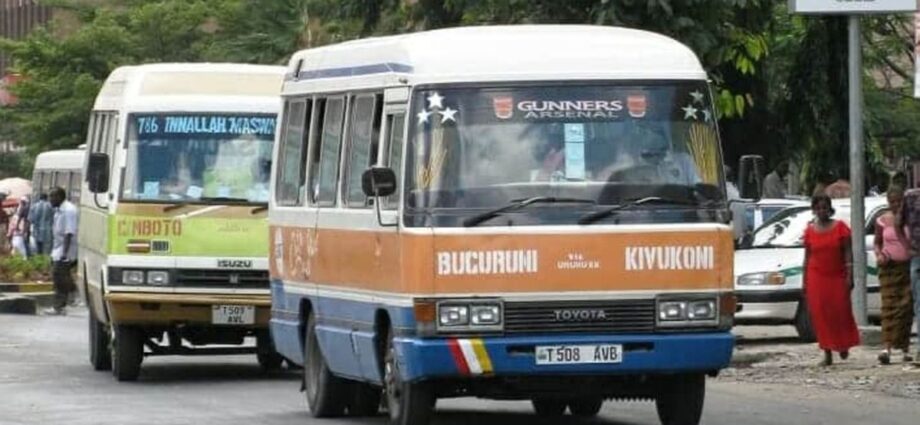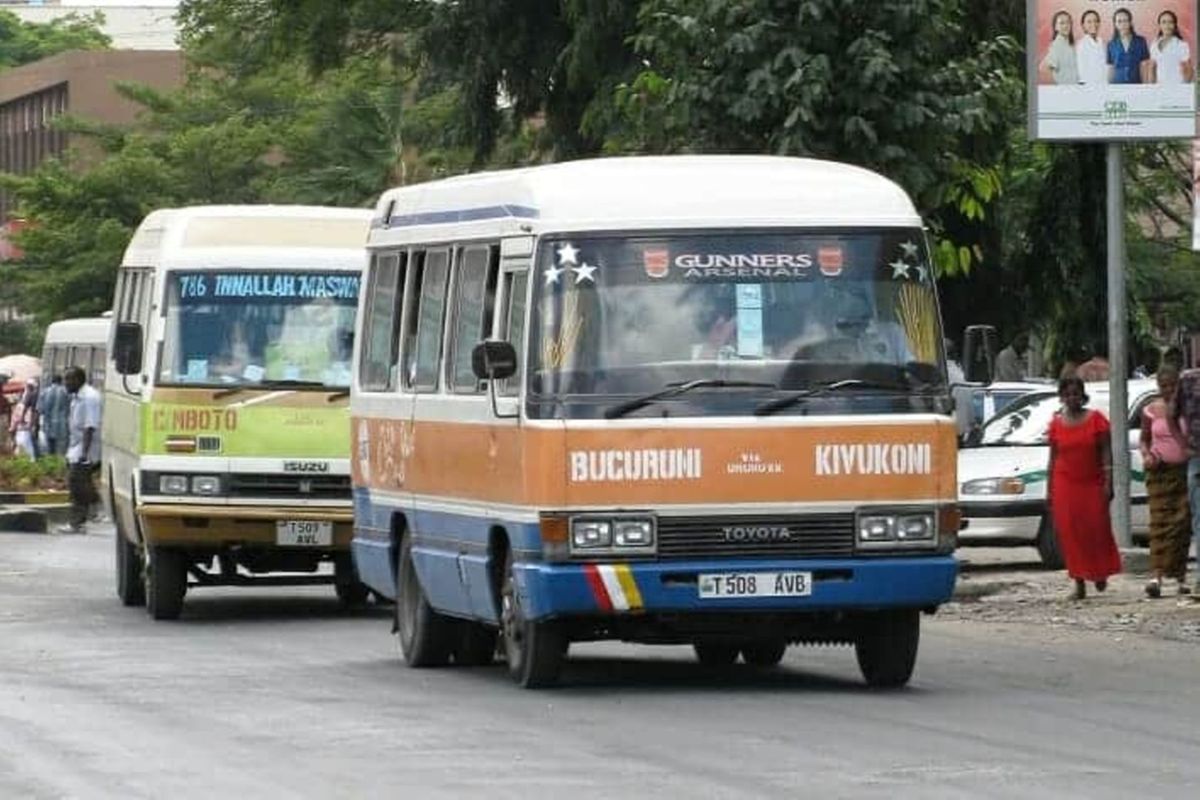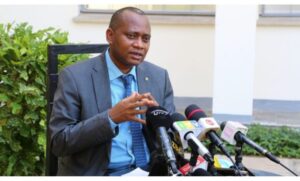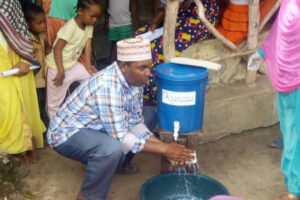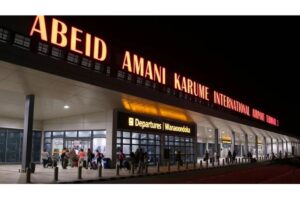The country has recently remembered the late Prime Minister Edward Sokoine who died in a motor accident 40 years ago. The President, Dr Samia Suluhu Hassan, graced the Service in memoriam of the fallen leader. She called on her fellow countrymen to remember all the good deeds that the late Sokoine did.
Indeed, a lot has been, and can be, written about this no nonsense leader who died young, when the nation badly needed him In the spirit of this column, many remember how he intervened to see to it that the private sector played its part in solving the urban mass transportation problem that had put the City of Dar es Salaam at ransom, with an overwhelmed public transport system provided by the public sector.
Public transport means a system of vehicles such as buses and trains that operate at regular times on given routes and can be used by any member of the public who meets the required conditions, such as paying fares.
Public transport, is therefore not about ownership of the vehicles, but about their availability of the vehicles for use by society in general. For example, a government vehicle assigned to an individual official is publicly owned, but it provides private transport to that official.
Premier Sokoine realised this; that the issue was not who, between the public and private sectors provided public transport. The question was how to get the city of Dar es Salaam moving.
The need for organised public transport for the fast growing town of Dar es Salaam, began to be felt in the 1940s. A private company known as the Dar es Salaam Motor Transport (DMT) started running public transport in 1949. One would say, the service was excellent with buses running on time, clean, and not overloaded.
In 1970, this DMT was nationalised, in the spirit of a socialist economy that was based on the public sector being the backbone of production, distribution and service provision in the Country. For Dar es Salaam, DMT was renamed Usafiri Dar es Salaam (UDA) in 1974.
Government policy was then to protect the monopoly of UDA in providing public transport services, although during the latter part of the 1970s, it was becoming clearer by the day that UDA was not managing. Buses were getting fewer, were infrequent, as well as overloaded.
Responding to this situation, pirate private operators set up business. They were originally known as thumni thumni, a name no doubt derived from the amount of fare that was charged. These, however, were banned by the government.
However, the situation got worse, and in 1983, Prime Minister Sokoine legalised private urban transporters in Dar es Salaam, who came in by the name of daladala. Initially, daladala operators were required to pay part of their monthly earnings to UDA, but this condition was quietly abandoned.
The performance of UDA continued to deteriorate. In 1984 UDA owned 216 buses (with 141 on the road), and ferried 100.4 million passengers. The situation had, by 1993, tumbled to 87 buses owned (with 36 on the road) and 17.6 million passengers ferried.
On the other hand, private-sector owned buses providing public transport continued to grow so much so that in 1997, some 7654 daladalas were registered. The private sector was flexible with the type of buses to put on the road, and many operators provided services in poorly services areas using vehicles such as Land Rovers, suited to the road conditions.
While Sokoine was legalising daladalas, and taking other steps to allow people to own vehicles, the government had passed an economic sabotage legislation, which was tough on suspected saboteurs (which in some cases included owning a TV), and Sokoine was tasked to implement it. This must have been contrary to his conviction.
Analysts may want to investigate, whether by courting the private sector, in the form of the privately-owned daladala, for example, Sokoine was not on a collision course with the main direction of the socio-economic situation prevailing in the country then.
We will possibly never know. Sokoine died in 1984. Mwalimu Nyerere retired from the Presidency in 1985. The new President, Hassan Mwinyi was all for liberalisation. How matters would have worked out remains a matter of conjecture.
However, one lesson we can learn from Edward Sokoine’s actions is that the private sector can perform well. It needs a supportive environment and proper regulation. The daladalas which he legalised in 1983, are, today, the backbone of public transport in Dar es Salaam and other major urban areas
May he continue to rest in peace!

